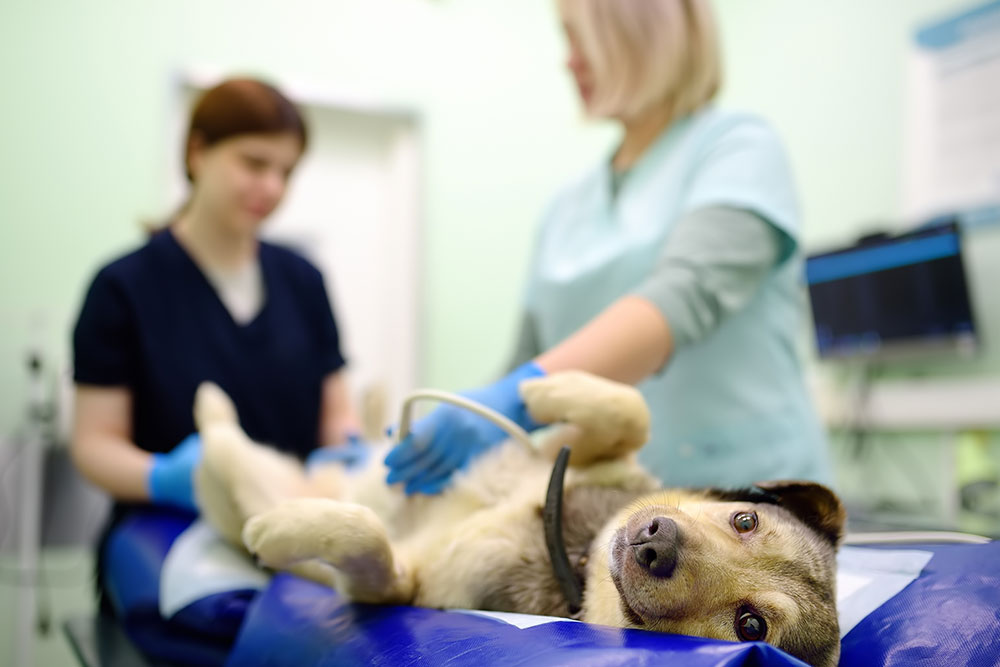Keeping your pet healthy starts long before they show signs of illness. One of the most effective ways to protect them is through routine vaccinations, which help their immune system fight off serious, and often preventable, diseases.
At Oriole Road Animal Hospital, we believe in the power of proactive care—and that starts with vaccines tailored to your pet’s unique needs. Whether you have a brand-new puppy, a playful adult cat, or a beloved senior dog, this guide walks you through everything you need to know about vaccines at every life stage.
Why Vaccines Matter: More Than Just a Shot
1. Preventing Dangerous Diseases
Vaccinations protect your pets from severe and contagious illnesses like:
- Rabies
- Distemper
- Parvovirus
- Feline leukemia
- Kennel cough
- Leptospirosis
2. Protecting Your Family and Community
Some pet diseases are zoonotic—meaning they can pass to humans. Vaccinating pets helps prevent the spread of diseases like rabies and leptospirosis in both animals and people.
3. Supporting Herd Immunity
Widespread vaccination keeps the overall pet population safer, especially pets who are too young or too sick to be vaccinated themselves. Learn more from the AVMA’s pet owner vaccination guide.
Vaccinations Through the Ages: What Your Pet Needs When
We build tailored vaccine schedules based on your pet’s species, breed, lifestyle, and age.
Puppies and Kittens (6–16 Weeks)
Young pets are especially vulnerable to infectious disease. Core vaccines begin at 6–8 weeks and are given every 3–4 weeks until 16 weeks old.
Dogs (Core Vaccines):
- Rabies
- Distemper
- Parvovirus
- Adenovirus
Explore AAHA’s Canine Vaccine Guidelines
Cats (Core Vaccines):
- Rabies
- Feline distemper (panleukopenia)
- Herpesvirus
- Calicivirus
Learn more about feline vaccination needs
Adult Pets (1–7 Years)
Adult pets need boosters to maintain immunity. Core vaccines may shift to 1- or 3-year intervals, while lifestyle vaccines (like Bordetella or feline leukemia) are adjusted based on activities like travel, boarding, or outdoor access.
Learn more:
Explore your dog’s life stages
Explore your cat’s life stages
Senior Pets (7+ Years)
Older pets may have immune system changes or chronic conditions that affect how and when vaccines are given. We aim to protect them without over-vaccinating.
Why Regular Vet Visits Still Matter
Non-Core Vaccines
Some vaccines are considered non-core, meaning they’re optional based on lifestyle, region, and health status. These include:
- Bordetella (kennel cough)
- Leptospirosis (considered core in some regions)
- Lyme disease (Learn more)
- Feline leukemia
What to Expect After Vaccination

Mild and Temporary Reactions
- Sleepiness
- Mild fever
- Slight swelling at the injection site
These usually resolve within 48 hours.
More Serious Reactions (Rare)
- Facial swelling
- Vomiting or diarrhea
- Breathing difficulty or collapse
If your pet shows any of these signs, go to the nearest ER and contact us immediately.
Vaccines Are Just One Part of Preventive Care
Vaccination is a key part of lifelong health—but it’s not the whole picture.
Annual checkups help us:
- Monitor overall health
- Catch early signs of illness
- Ensure vaccines remain effective
- Address behavior, diet, and mobility concerns
Why regular veterinary visits are essential
Our Promise: Personalized Care at Every Stage
At Oriole Road Animal Hospital, we treat every pet like family. Our team takes the time to create a custom vaccination and wellness plan that evolves as your pet ages, their lifestyle changes, or their health needs shift.
We also help manage ongoing conditions, advise on titers and vaccine reactions, and answer your questions every step of the way. Learn more about what we offer on our services page.
Ready to get started? Contact us today.
Still have questions about your pet’s vaccine schedule? Let’s talk about what’s best for your dog or cat—at every stage of their life.







Leave A Comment